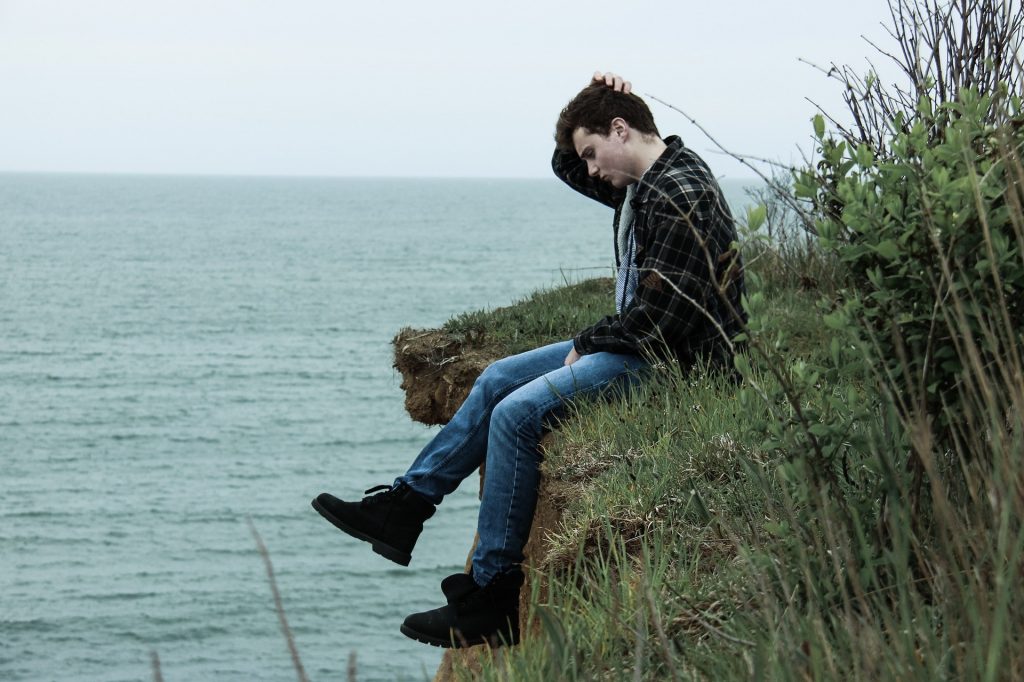
A few years ago, an independently published author received a strange letter – from someone she’d never met before. It was strange for a couple of reasons, both of them obvious as soon as she read the letter.
Strange thing number 1: Someone she’d never met sent her the letter.
We all get letters in the mail from people and entities we’ve never met. That’s the nature of the world we live in. However, this letter was different. It was a very personal letter that went over things not very many people could have known.
Things about the books she’d published.
The existence of the letter was creepy enough. But the tone was even worse. Whoever had sent the letter went above-and-beyond to make sure this author felt like trash – felt like she was worth absolutely nothing.
And that is strange thing number 2.
Strange thing number 2: The letter said that this author was in violation of copyright law and that she needed to immediately pull her books from the market, or face legal ramifications.
The author of the letter made some pretty serious claims, but the big takeaway for this unfortunate author was this: somebody was claiming ownership of her stories.
The only issue was, this author was undisputedly the sole-owner of the book series and the sole owner of the idea. She’d penned the idea many years before. So, the idea that somebody else could come in and claim that the books were copied was completely ludicrous. Something had to be done, and fortunately, this author had the pockets to take care of the problem.
How copyright law works … generally
It might help if I break down the word itself – “copy” and “right.” Copy is generally thought of as the written word. Right is someone’s ownership. Keep in mind these are generalizations. We could go on for hours about what the words mean.
Putting them together, copyright literally means ownership of the written word.
More specifically, your written words.
This country was founded on the idea that people are entitled to the fruits of their labor. So, when it comes to copyright, at least in America, it has always been known that whoever writes something owns that thing.
There are obvious exceptions, like when a writer sells her rights to a written work or signs a contract giving rights to someone else.
But, generally, you own the rights to what you’ve written as soon as you write it.
It’s that simple.
In order to get the rights afforded to you by American copyright law, all you need to do is write something down and it’s yours – by law.
So why would you register your book with the US Copyright Office?
Here’s the deal, and you’d be surprised how often this happens. Your work is only protected from the date you wrote it. So, if someone else can prove that they wrote the same thing you did, only they did it before you, then you’re out of luck.
And this is exactly what the woman at the beginning of this post ran into.
The big claim is that the other person was claiming that this author wrote her stuff later (though like I said, she ended up keeping the rights to her work).
It can be a real big pain in your side.
So, in order to keep everything straight, and you want an extra layer of protection, register your book. What registration does is put your ownership of the book in question out there for EVERYONE to see.
It also acts like a timestamp. Here’s an example.
Let’s say I wrote a book in 1986 and published it myself (not the best way to do things back then, I know). Then, in 1994, I registered the book with the US Copyright Office.
Much to my surprise, I received a cease and desist letter in 1998 from a mysterious author, claiming to have written the same story, only with a slightly different title, way back in 1985. However, he never registered the book with the US Copyright Office.
Since I registered my book in 1994, four years before the nasty letter came in the mail, if this goes to Court, I would win the case.
Phew!
So, while it’s easy to get your work copyright protection, since it happens as soon as you begin writing – it’s even better, and safer, to register it with the copyright office.
If you liked this post, let me know what you liked the most!
Also, if you’re interested in learning about all the legal stuff you need to know when self-publishing your books, sign up for this free email course. It will show you what things you need to know, and even give you instructions on how to do some of them yourself.




